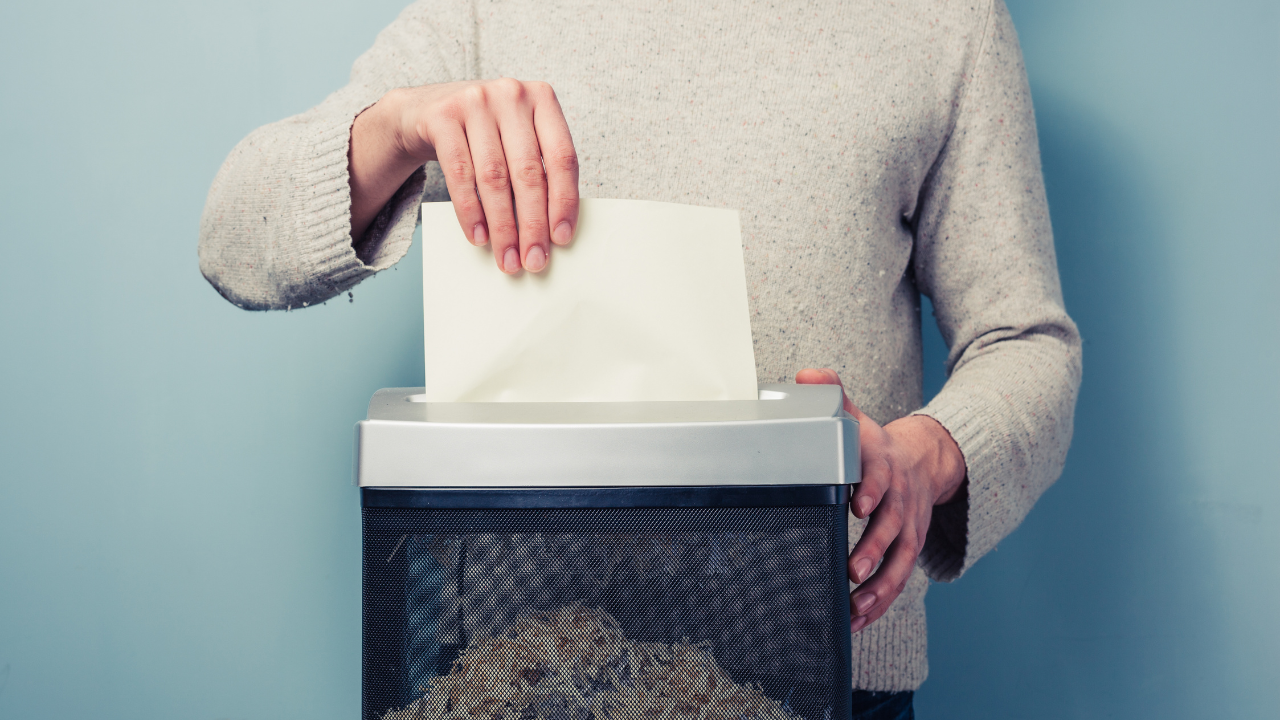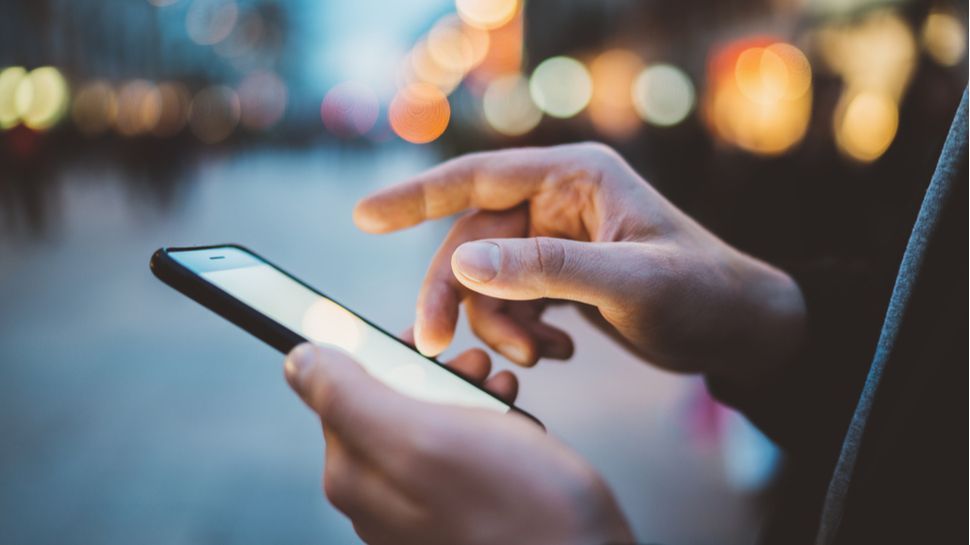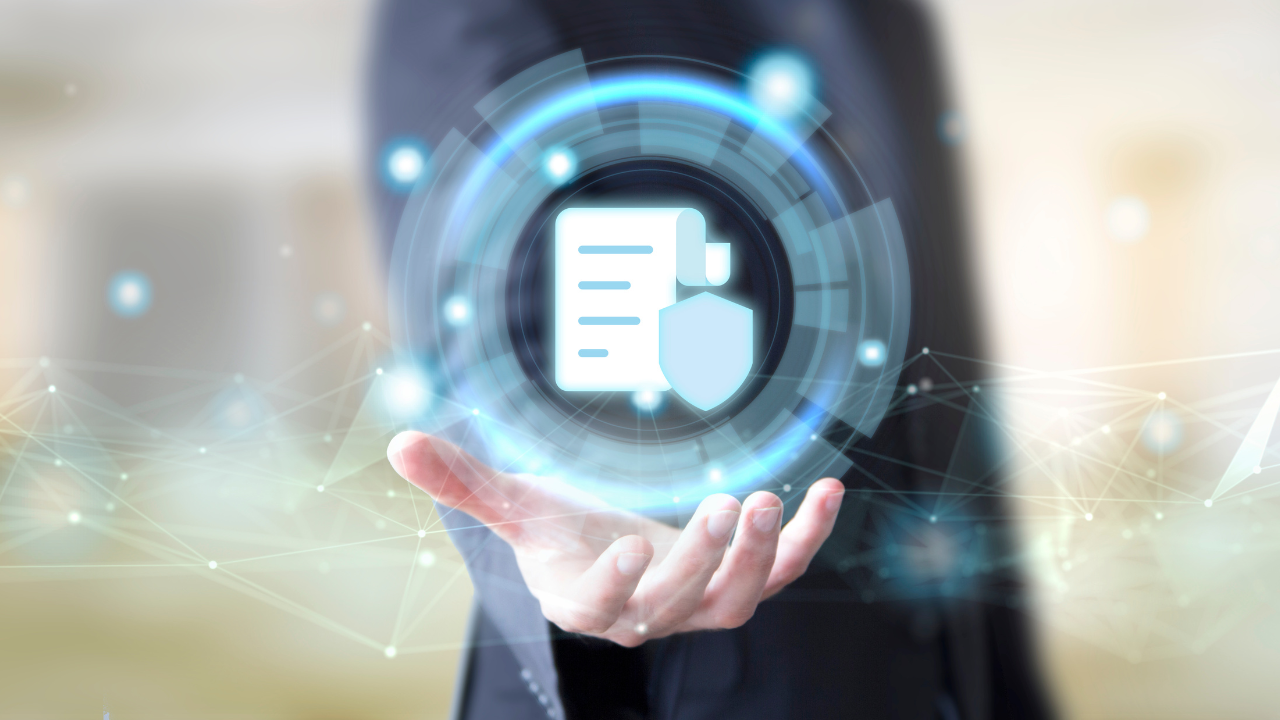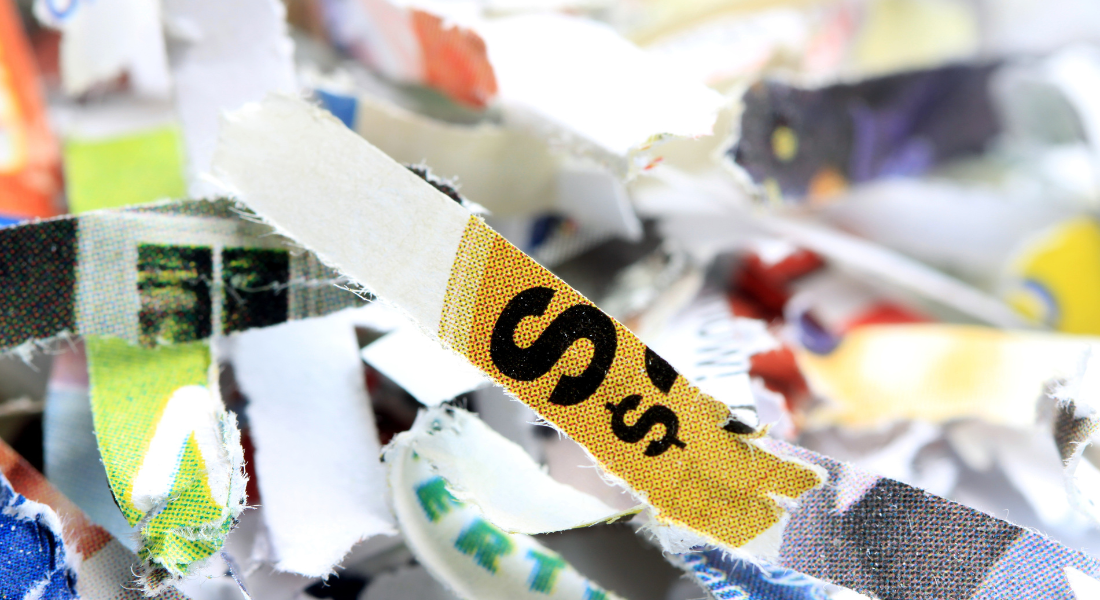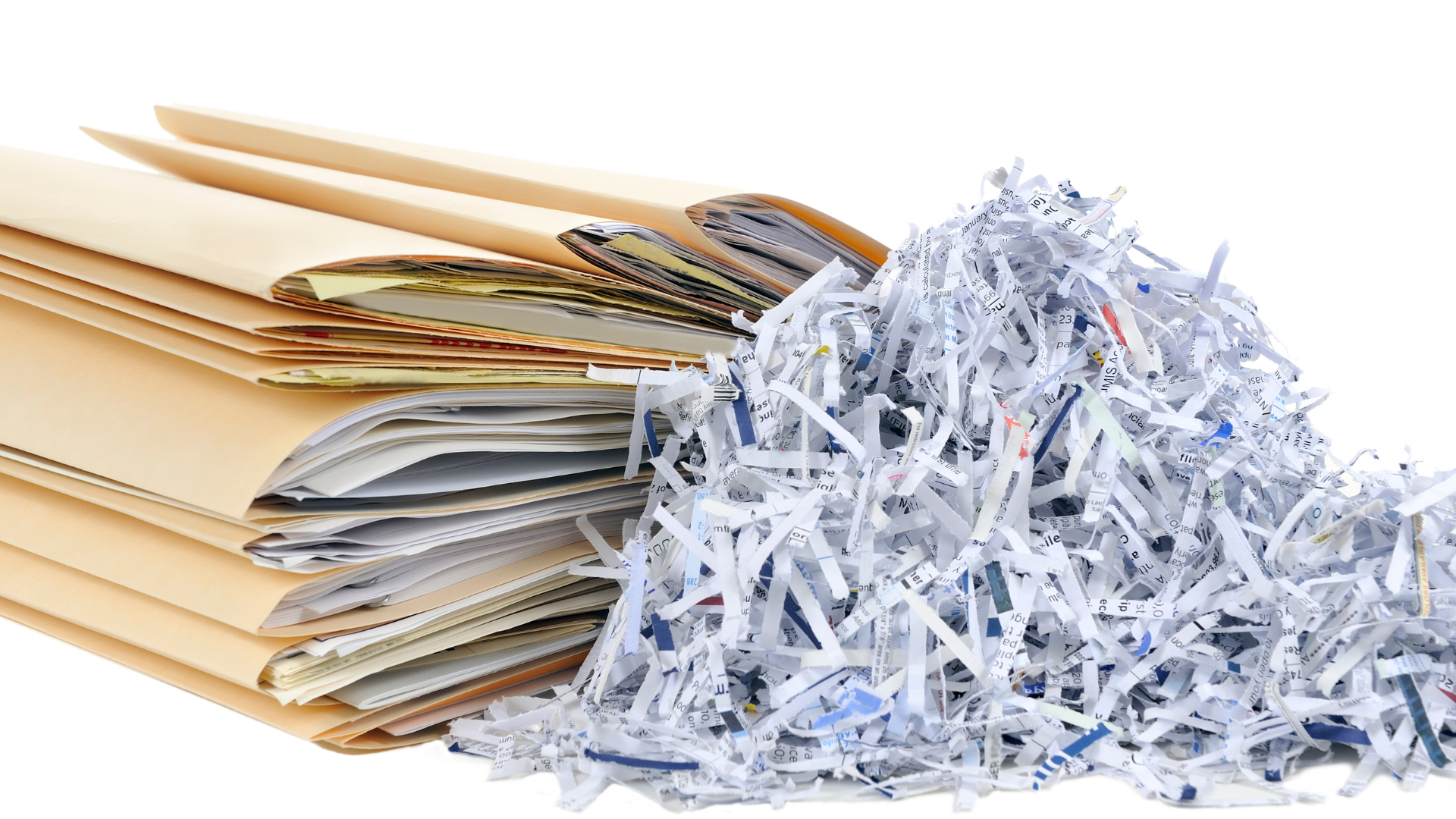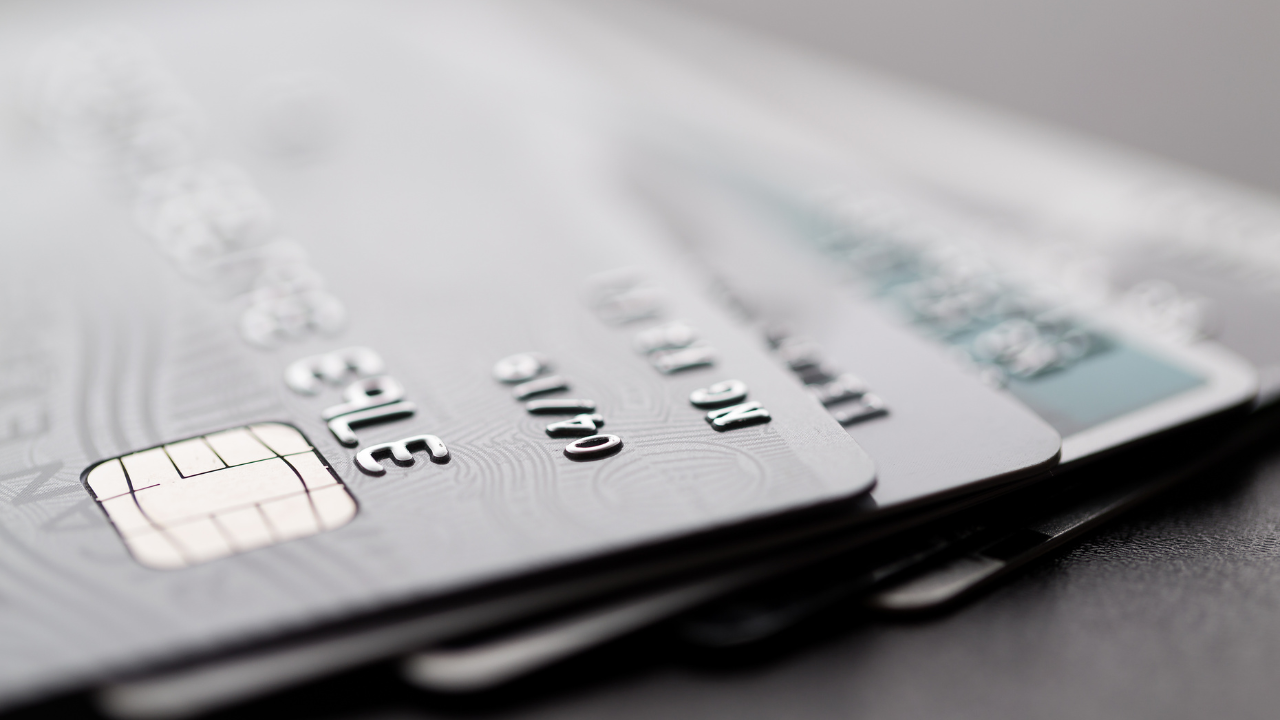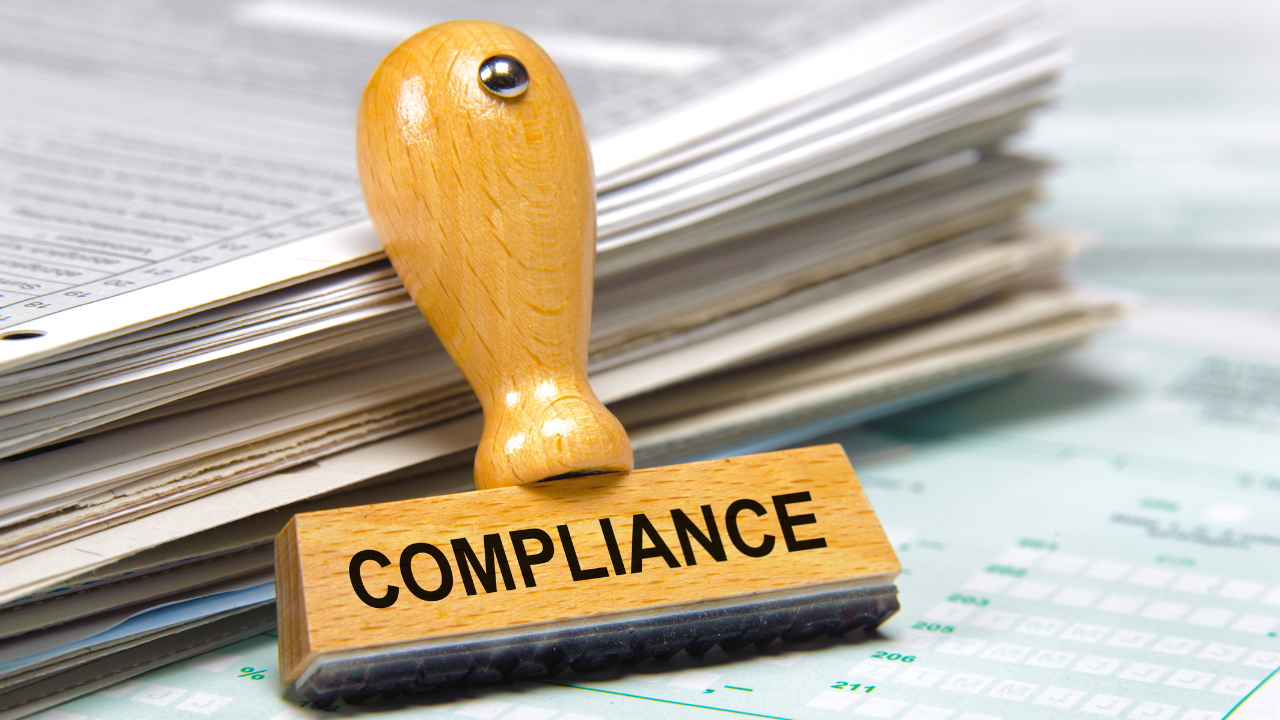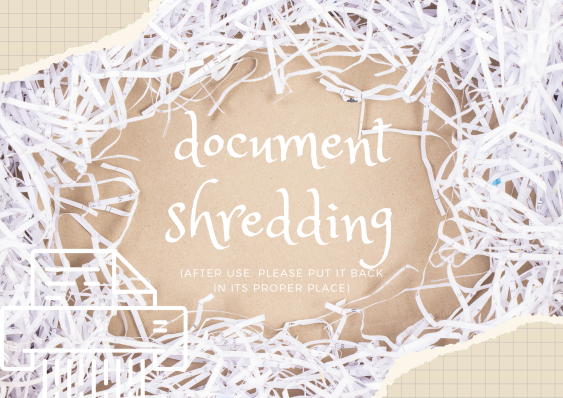4 Ways to Protect Your Personal Information from Hackers
Personal information is a valuable commodity for hackers. If they have the right information, the whole world will be at their fingertips. You need to take steps to protect your personal information from hackers and make sure that your data stays safe at all times. Don’t let someone use your credit card, address, or any other personal information without you knowing! Here are 4 simple ways to protect yourself from hacking.
1) Learn about phishing
Phishing has been around for a while now and it is very dangerous. You might not know, but phishing is when someone sends you an email with the intent of getting you to click and inadvertently share information and access to your account.
You can protect yourself from phishing by not clicking on links in emails that ask for sensitive information or clicking on links that aren't from trusted contacts.
2)
Learn about keyloggers
There are many ways for hackers to get your personal information and use it against you. One of the most common methods they use is keylogging.
A keylogger is a type of spyware that records every keyboard stroke you make on your computer, including passwords and other sensitive information. This means that if someone has installed a keylogger on your computer, they'll be able to access any information you enter on your devices. They'll also be able to see what's happening in the background when you browse the web, check email, and more!
Many hackers will install keyloggers on people's devices and then sell this information in bulk to third parties who can then use it in illegal ways.
The best way to protect yourself from hacking is by installing antivirus software that specializes in detecting and removing these types of threats. You need to make sure you're protected by having the latest updates for browsers like Chrome and Firefox these updates often contain patches designed to stop key logging software from working properly. Finally, when using public computers or networks (such as coffee shops) make sure to avoid entering sensitive information like credit card or social security number when possible; this will help ensure your data.
3)
Keep your information secure
The first thing you need to do is use strong passwords. That means using a mix of numbers, letters, and punctuation marks. A good password should be at least 8 characters long and contain a mix of upper and lowercase letters, numbers, and symbols.
If you're worried about remembering all those passwords, use a password manager like 1Password or LastPass to keep them all safe.
Another way to keep your personal information safe is to never enter your credit card information on a site that's not trusted. Make sure the site begins with https:// instead of http:// If the site doesn't look right or if it doesn't have encrypted web browsing features, don't enter any of your personal information!
Also, make sure you only shop online from sites that have been verified as secure by companies like VeriSign or PCI DSS. Lastly, never click on links in emails from people you don't know! This is one way hackers can get into your accounts.
4)
Create a backup plan
One of the most important ways to protect yourself from hacking is to have a backup plan in place in case something happens.
Having a backup plan in place will ensure that you won’t lose any data when your computer breaks down, gets stolen, or has some other issue.
Plus, if you don't have a backup plan in place, hackers can really make life difficult for you by not only taking your personal data but also your hard-earned money by accessing your credit card information.
The best way to create a backup plan is to use an external hard drive. Connect the external hard drive to your computer when you need access to your files and when you are finished with them, disconnect it and store it elsewhere. This will help protect yourself against hackers.
Conclusion
As you can see, there are many ways to protect your personal information from being hacked. The more steps you take, the safer you will be.
If you follow these 4 simple tips on how to protect yourself from hacking, it'll help keep your personal information safe. You'll be able to track where the hack is coming from and who's trying to access your account. It'll also keep your identity safe if someone were to get a hold of some of your personal information.
With some safety precautions in place, hackers won't stand a chance!
At I-Shred, security and efficiency are a priority. I-Shred offers stress-free onsite shredding to save time and ensure your documents are destroyed properly. Which is why we offer recurring service to small businesses. We are dedicated to helping you save time and money when it comes to secure document destruction. Contact us today!

